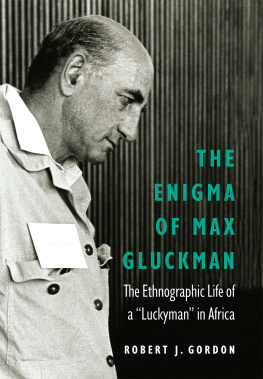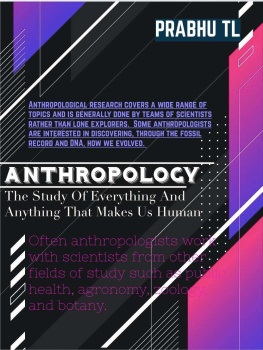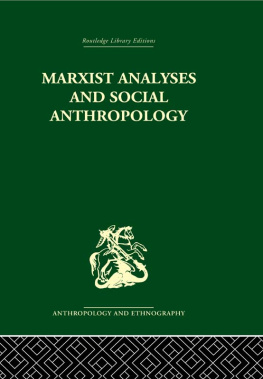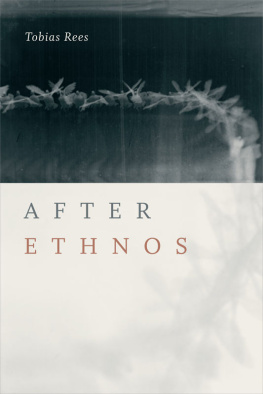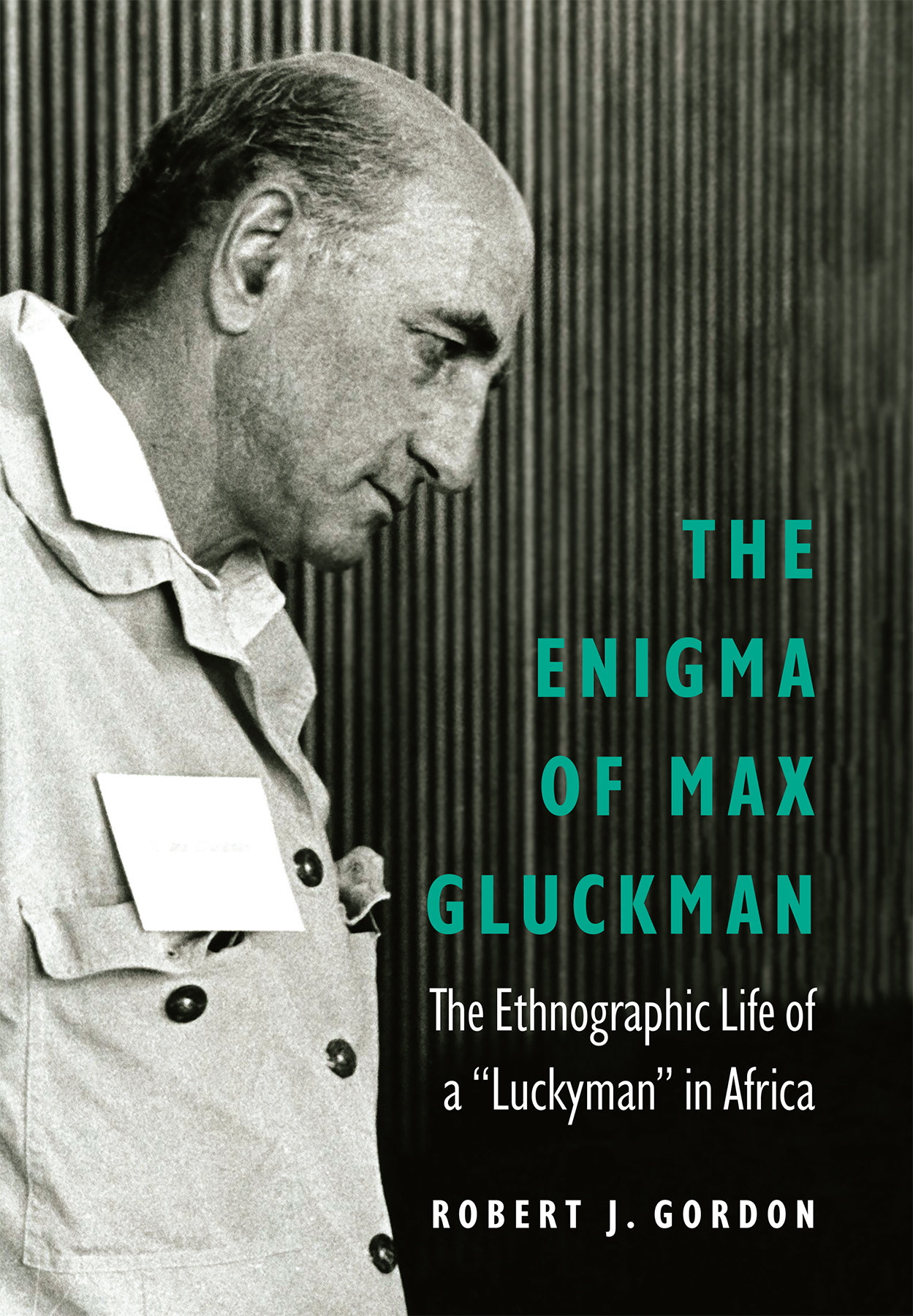
The Enigma of Max Gluckman is a masterwork. With an eye for telling detail, Gordon has crafted a biography of Max Gluckman that reveals the deep humanity and idiosyncratic research of a pioneering anthropologist who studied community and defied convention.
Benedict Carton, Robert T. Hawkes Professor of History at George Mason University and author of Blood from Your Children
Robert Gordon does an excellent job of examining the broader intellectual, social, and political milieus in which Max Gluckman worked. Every paragraph is bursting with previously unknown aspects of Gluckmans scholarship and personal life. This volume will appeal to all professional anthropologists with an interest in the history of our discipline and to those interested in African history and colonial politics as well.
Cameron B. Wesson, Lucy G. Moses Distinguished Professor of Anthropology at Lehigh University and author of Historical Dictionary of Early North America
A rich account of Max Gluckmans family background and his political and educational formation. A particularly fascinating section deals with Gluckmans research in Zululand in the 1930s.
Adam Kuper, visiting professor of anthropology at Boston University and author of Anthropology and Anthropologists: The British School in the Twentieth Century
Robert Gordons book on Max Gluckman is a much-needed and brilliant biography of a major anthropologist whose work is brought to life in the process. Gordon places Gluckmans intellectual originality and leadership in the context of the icons of his time, his friends and teachers, Evans-Pritchard, Myer Fortes, Malinowski, and A. R. Radcliffe Brown. Gordon demonstrates, in ways that have not been fully recognized, the powerful reorientation of anthropology toward a historical and global analysis of colonial processes that was led by Max. Among its outstanding contributions, the book provides enlightening new interpretations of the roots of political anthropology which resonate in crucial ways with contemporary debates in the field and beyond.
Ida Susser, past president of the American Ethnological Society and fellow at the Institute of Advanced Studies, Van Mildert College, Durham University
Gordon is a leading scholar of the history of anthropology and a master of the anecdote who excels in bringing to light unknown and forgotten aspects of the past. In this biography he turns his attention to Max Gluckman, one of the most influential, but at the same time, controversial, anthropologists of modern times. The result is fascinating reading, which deepens our understanding of the social relations embodied in anthropological work.
Isak Niehaus, senior lecturer in anthropology at Brunel University London and author of Witchcraft and a Life in the New South Africa
The Enigma of Max Gluckman
Critical Studies in the History of Anthropology
Series Editors
Regna Darnell
Stephen O. Murray
The Enigma of Max Gluckman
The Ethnographic Life of a Luckyman in Africa
Robert J. Gordon
University of Nebraska Press | Lincoln and London
2018 by the Board of Regents of the University of Nebraska
Small portions of this manuscript were originally published as The Context of Gluckmans Zululand Fieldwork in History in Africa 41: 15582 and appear courtesy of Cambridge University Press.
Cover designed by University of Nebraska Press; cover photo RAI . 400.46324. Max Gluckman and Rick Adams at Law and Anthropology Conference. Photographed by Bill Malone, 1972.
All rights reserved
Library of Congress Cataloging-in-Publication Data
Names: Gordon, Robert J., 1947 author.
Title: The enigma of Max Gluckman: the ethnographic life of a luckyman in
Africa / Robert J. Gordon.
Description: Lincoln: University of Nebraska Press, 2018. | Series: Critical studies in the history of anthropology | Includes bibliographical references and index.
Identifiers: LCCN 2017050545
ISBN 9780803290839 (cloth: alk. paper)
ISBN 9781496207432 (epub)
ISBN 9781496207449 (mobi)
ISBN 9781496207456 (web)
Subjects: LCSH : Gluckman, Max, 19111975. | EthnologyAfrica, Southern. | EthnologyGreat Britain. | AnthropologistsSouth AfricaBiography.
Classification: LCC GN 21. G 57 G 67 2018 | DDC 305.800968dc23 LC record available at https://lccn.loc.gov/2017050545
The publisher does not have any control over and does not assume any responsibility for author or third-party websites or their content.
Contents
Regna Darnell
Stephen O. Murray
Max Gluckman (191175) is a fascinating as well as an influential figure in the history of anthropology, especially Africanist anthropology and legal anthropology. Drawing on archival material only recently made available to researchers, Robert J. Gordon places Gluckman the fieldworker and incipient administrator in both disciplinary (South African and British anthropology) and local (colonial southern Africa) contexts, though primarily focusing on Gluckman before 1947, when he physically left Africaalthough he remained preoccupied with African matters and research by his protgs on African subjects. In 1949 Gluckman founded an anthropology program at Manchester University and built the so-called Manchester School as a sort of family in which he attempted (often successfully) to exercise patriarchal authority, demanding personal loyalty and acquiescence to his dogmas from his professional offspring (mostly sons, though he had a female undergraduate mentor, Agnes Winifred Hoernl, and had high regard for some female agemates).
Though he participated in the famed Malinowski Thursday afternoon seminars at the London School of Economics while he was an Oxford graduate student and was being nominally supervised by R. R. Marett, Gluckman was more appreciative of Radcliffe-Browns rule-structured functionalism than of Malinowskis more processual functionalism (rebalancing equilibrium was the result both saw). Though respecting Malinowskis commitment to fieldwork, Gluckman later (1947) famously attacked Malinowksis theories of social change and generalizations Malinowski based on a single culture.
Gluckmans friend E. E. Evans-Pritchard had pioneered analysis of social order through processes of disputes in his 1937 book Witchcraft, Oracles and Magic among the Azande. An American anthropological (seemingly) independent invention of processual analysis by way of case study analysis was provided by Karl Llewellyn and E. Adamson Hoebel in The Cheyenne Way (1941). Gluckmans (1940 and subsequent) work on situations of conflict thus appears to have been in the Anglophone anthropology zeitgeist of the late 1930s that arguably also included Isaac Schaperas 1938 A Handbook of Tswana Law and Custom, though Gordon is more focused on the (colonial African) Platzgeist (spirit of place) than on international anthropological zeitgeist.
While contemptuous of American anthropologists focus on cultural traits in work on acculturation as well as in North American salvage anthropology, Gluckman appreciated the general books written by Robert Lowie. And for examining the complex situation of marginalized populations, American sociologists W. I. Thomas and Florian Znaniecki had pioneered the study of continuous first-hand intergroup contacts with subsequent changes in the original cultural patterns in the 191821 The Polish Peasant in Europe and America. In the Anglophone Africanist tradition Isaac Schapera (1937) also provided an early instance of analysis that included white colonialists and black African natives. As Gordon documents, it was Schapera who took Gluckman into the field for the first time in 1930, when Gluckman was a student at the University of the Witwatersrand, and Schapera continued to be a patron to Gluckman.

